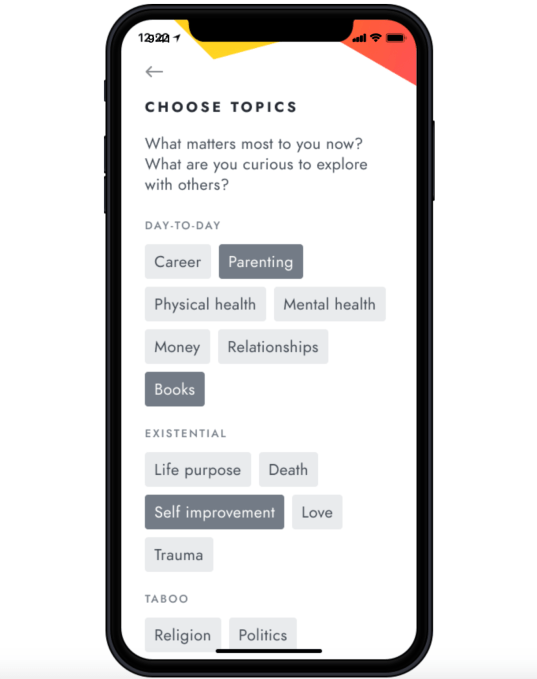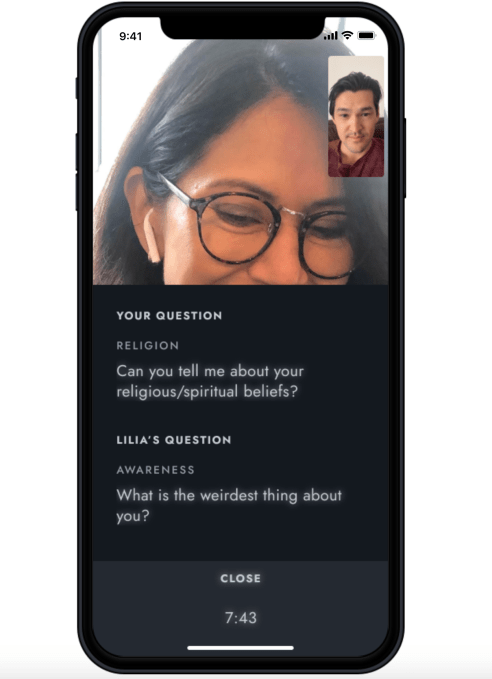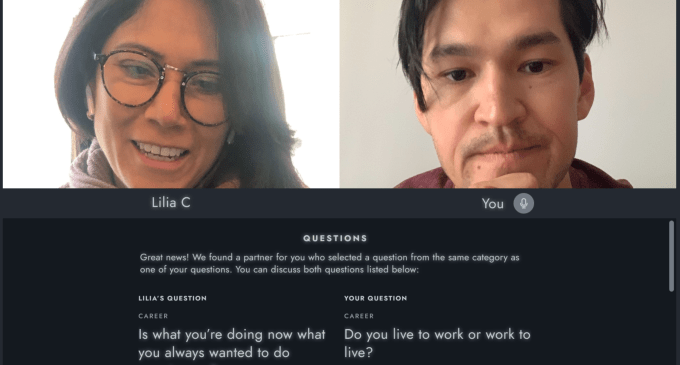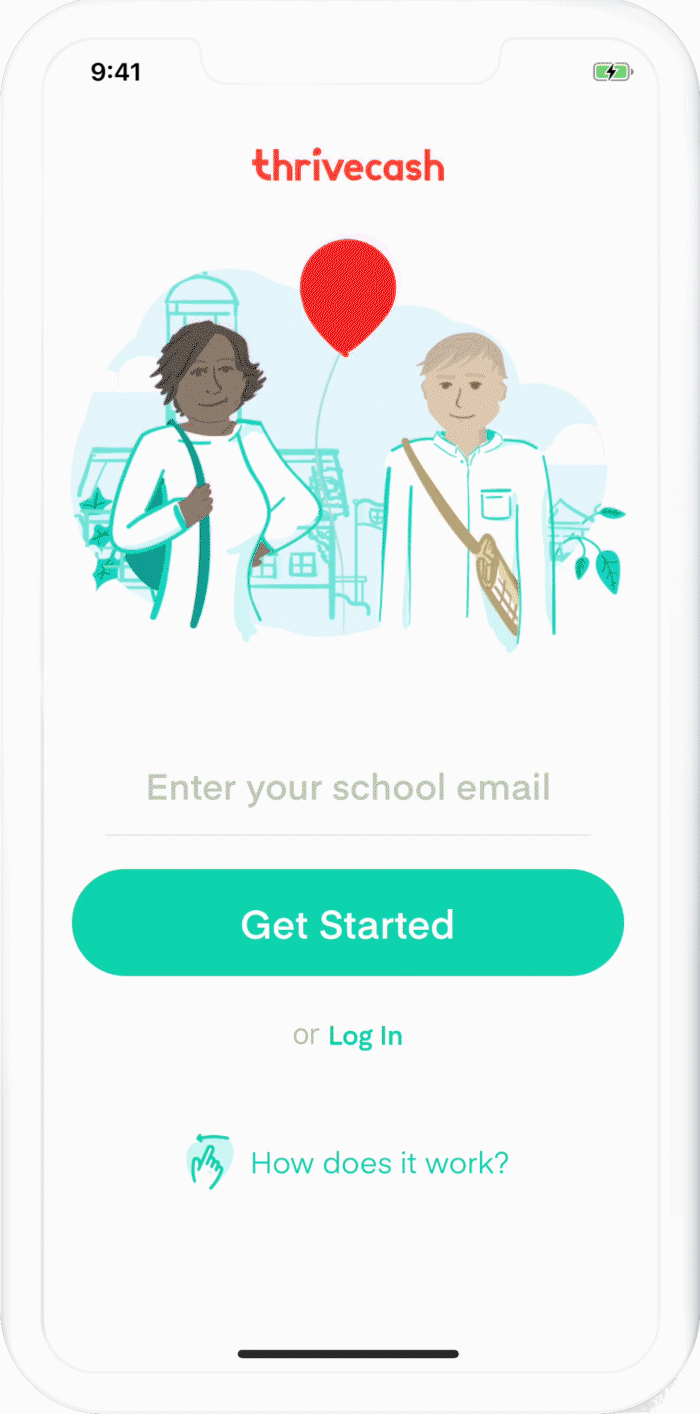There will be plenty of jokes. “Why is tonight different from all other nights,” the first of The Four Questions, will almost certainly serve as a laugh line in all but the most serious Seders this year. As for the plague — haven’t we had enough plague talk already?
For Jews across the world, Passover will serve as another attempted return to normalcy. There are few things in the calendar as reliably consistent as Passover, with its customs, prayers and extremely set menu.
Here in the States, Passover is the most commonly celebrated holiday among Jews. According to Pew, roughly 23% of the Jewish American population attend services monthly, while 70% say they attended a Seder a year prior. That the figure includes 42% of non-religious Jews is a testament to how transcendent the consistency and practice can be.
This year, however, things will be different. Because everything is different. It has been clear for some time now that this year’s holiday would be profoundly transformed by COVID-19, first through bans on social gatherings that made religious services an impossibility and ultimately due to international stay at home orders that are keeping many family members apart.
For Passover 2020 (or, 5780, depending on where you start counting), teleconferencing services — Zoom in particular — will have to do in a pinch.
“Judaism does not have a central governing body that can tell individuals or congregations how to respond in this crisis, and in Judaism’s very long relationship with technological development rabbis have almost always been playing catch-up to norms established by the Jewish public; even after the Industrial Revolution, rabbis were rarely the first to respond,” David Zvi Kalman, Fellow in Residence at Shalom Hartman Institute of North America told TechCrunch. “That being said, the religious questions that this pandemic raises are often about how a Jewish community is supposed to function, and so rabbis have an unusually large role to play in shaping the communal response.”
Late last month, a group of 14 orthodox rabbis signed a ruling declaring that families would be allowed to use teleconferencing technology to conduct Seders.
The document cited similar exceptions as those invoked during Shabbat, which otherwise has a blanket ban against the use of technology. “Just as it is permissible for a non-critical patient to receive treatment on Shabbat in order to cure him of illness, such is the case here,” the rabbis explained.
“We have made the decision, in these emergency situations, to knowingly put aside some of the restrictions regarding the use of electronics on Shabbat in order to stay spiritually connected even though we are physically separated,” New York-based Rabbi Rachel Ain told TechCrunch.
She has been among those leading congregations in services for much of the city’s stay at home order. “We have made the decision, in these emergency situations, to knowingly put aside some of the restrictions regarding the use of electronics on Shabbat in order to stay spiritually connected even though we are physically separated,” she add, explaining that the synagogue has explored a wide variety of different avenues.
When Passover begins tonight at sundown, Jews all over the world will be engaged in TeleSeders — most for the first time, including all of the trials, tribulations and novelty that brings. For many Christians, the event will also, perhaps, set an interesting precedent for the upcoming Easter holiday, as Trump’s earlier promises to end the shutdown ahead of then have become increasingly unrealistic.
Like so many aspects of our life, there’s a pervasive question of whether this will ultimately serve as a kind of new normal, going forward. The phrase “Next year in Jerusalem,” sung by many at the Seder’s end, will take on a special sort of diasporic resonance, as many are forced to remain at distance from friends and family.
“While I suspect that virtualized learning will be taken much more seriously after this crisis is over, I think a vast majority of Jews would prefer to attend prayer services in person (at least among those Jews who attend services at all),” Zvi Kalman tells TechCrunch. “A lot of rabbis are definitely worried about setting precedents for virtual community that will end up diminishing in-person gatherings. At the same time, this crisis is causing a lot of rabbis to take social isolation — which isn’t a problem specific to this pandemic — a lot more seriously.”






